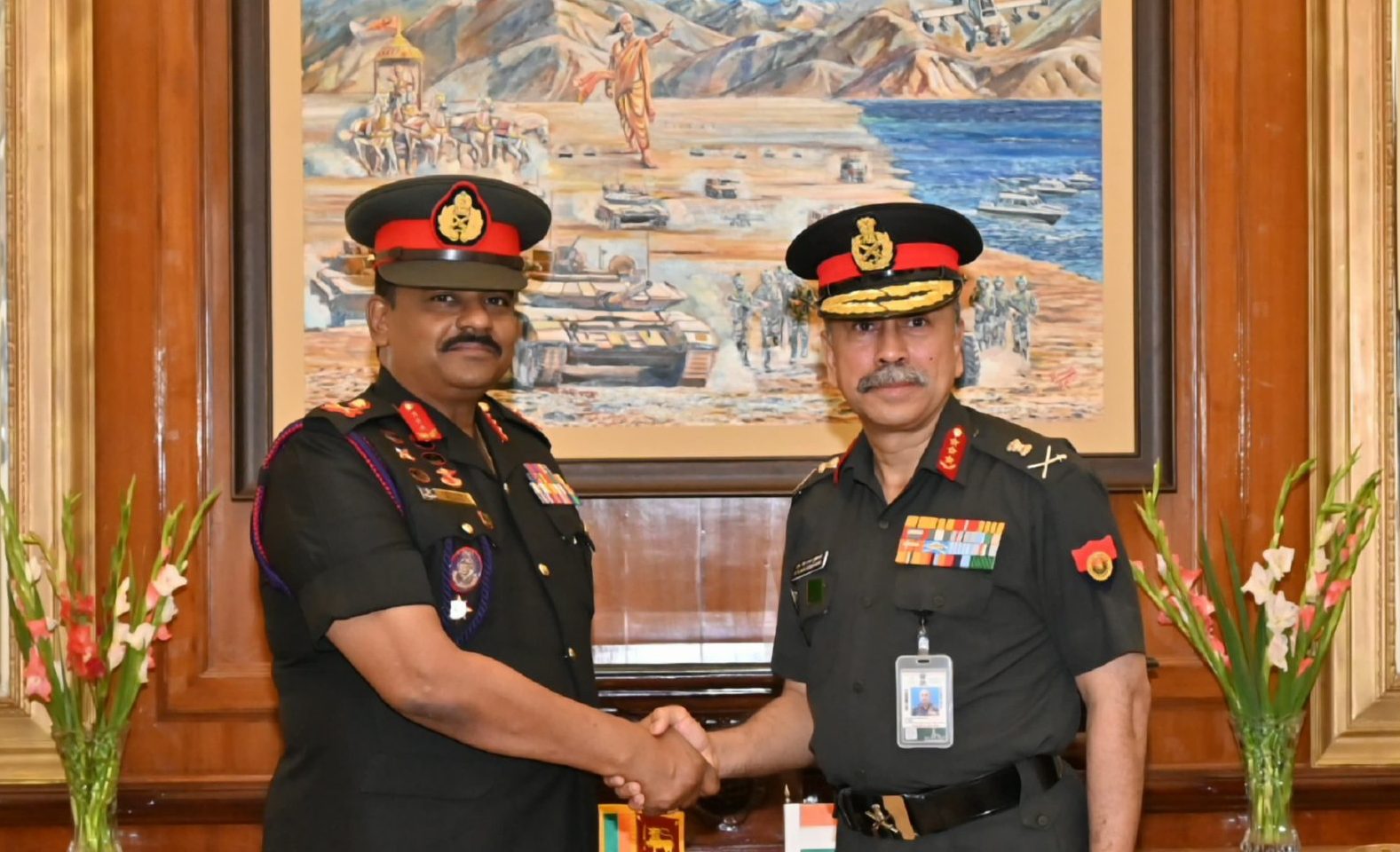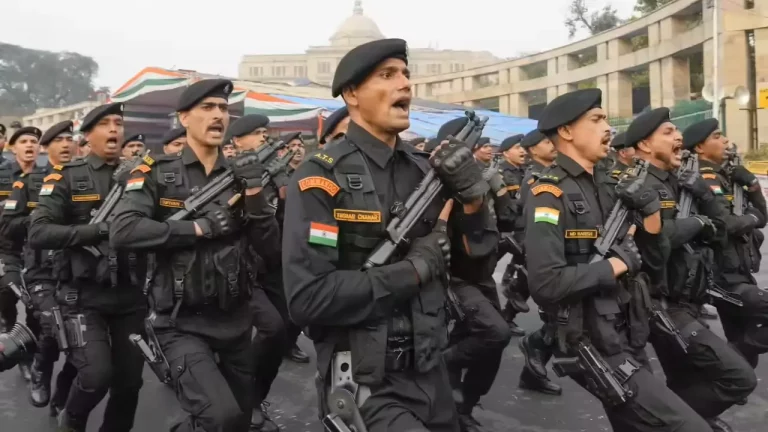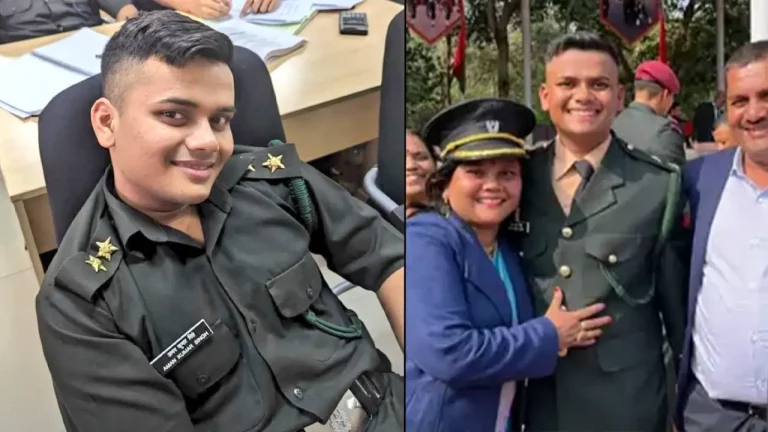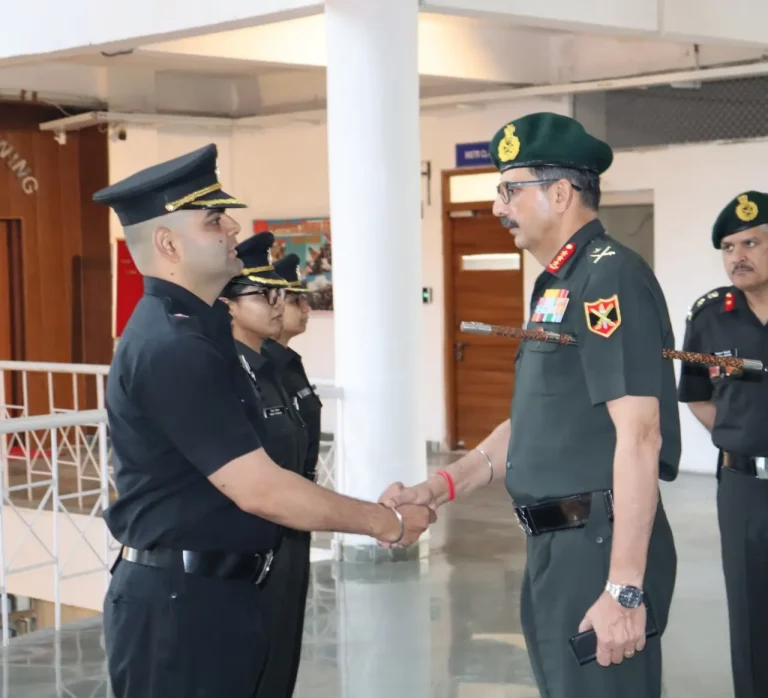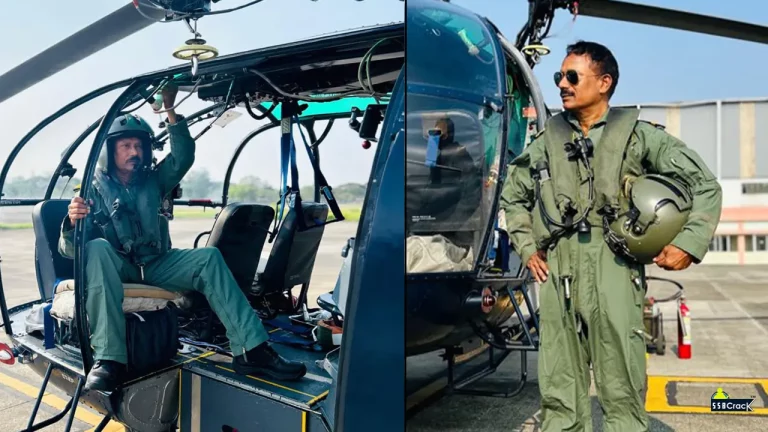In a significant move aimed at enhancing bilateral defense cooperation, Lieutenant General BKGM Lasantha Rodrigo, Commander of the Sri Lanka Army, engaged in a crucial discussion with Lieutenant General NS Raja Subramani, Vice Chief of the Army Staff of India, in New Delhi. This high-level meeting served as a platform to deepen military-to-military engagement and to reinforce a shared commitment to regional security and global peace.
The discussions primarily focused on strengthening defense ties that are deeply rooted in historical cooperation, particularly highlighting the 1987 Indo-Sri Lankan Accord. This pivotal agreement marked India’s military involvement in the Sri Lankan Civil War through the deployment of the Indian Peace Keeping Force (IPKF). Despite the heavy toll that the IPKF took, resulting in over 1,200 Indian soldiers’ deaths, the experience has had a lasting impact on India’s counterinsurgency strategies and continues to influence its regional military posture today.
Lieutenant General Rodrigo’s visit included a briefing on OPERATION SINDOOR, a recent precision strike carried out by Indian Armed Forces that specifically targeted terrorist infrastructure. This operation underscores India’s assertive approach to counter-terrorism and is aligned with broader initiatives of the Information Fusion Centre–Indian Ocean Region (IFC-IOR). The IFC-IOR is dedicated to promoting maritime intelligence sharing with partner nations, including Sri Lanka, with the aim of combating piracy and addressing China’s expanding naval influence in the region.
The visit also included ceremonial elements, such as receiving a Guard of Honour at South Block and participating in a wreath-laying ceremony at the National War Memorial. These activities symbolized the respect for fallen soldiers and underscored the enduring defense partnership between Sri Lanka and India.
In a related context, conversations are intensifying in India around the preservation of military heritage, with renewed calls to restore iconic wartime imagery from the 1971 India-Pakistan War. This historic victory, which led to the creation of Bangladesh, is viewed as central to India’s military legacy and increasingly serves as an inspiration for contemporary strategic thinking.
As both nations continue to strengthen their military cooperation, these discussions and initiatives are expected to play a crucial role in addressing common security challenges and fostering a stable regional environment.
